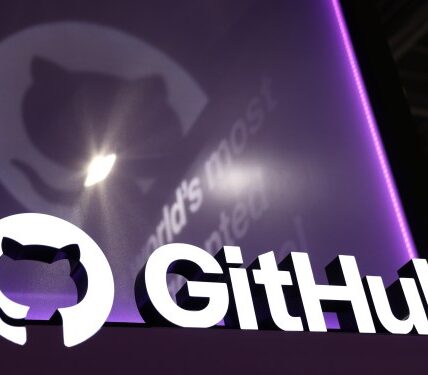A Year of Explosive Growth
2011 was a pivotal year for the mobile industry, marked by the rapid expansion of Android’s market share. By June, Android activations-per-day had reached an impressive 500,000, more than double the rate at which it overtook iOS just a few months prior.
Android Activations Skyrocket
By December, UBS estimated that Apple would sell 30 million iPhones in Q4 2011. However, this number pales in comparison to Android’s remarkable growth. At a rate of five million activations per week, or 65 million in a quarter, Android devices were likely selling close to double the number of iPhone units during the same period.
The Shift Towards Android
So, how did this happen? Certainly not because Android is inherently better than iOS. Almost no one disputes that Apple’s user experience is superior. However, thanks to Android’s fragmentation problems, developers often focus on creating apps for older versions, such as 2.2, which was released in May 2010.
Fragmentation: A Key Factor
The iPhone 4S, a fantastic high-end phone, the 4, a terrific mid-level one, and the 3GS still a respectable player in the free-with-contract market, demonstrate Apple’s commitment to delivering a seamless user experience. Yet, Android’s fragmentation has led to a distinctly inferior ecosystem for developers.
Why People Choose Android
Partly because America is not the world. The iPhone 4S was a huge hit in the USA and the UK but failed to gain significant traction elsewhere in Europe. In contrast, prepaid (no-contract) mobile service is more popular in Europe than America and nearly ubiquitous in the developing world.
Android’s Dominance
Right now, Android pretty much owns the entire prepaid smartphone market. Samsung alone has sold over 10 million Galaxy S IIs, including mine. Many people prefer Android’s anarchic, fragmented, and often clumsy UX and ecosystem to Apple’s seamless sleekness.
The Developing World: A New Frontier
When in Kenya earlier this year, a new US$100 Huawei Android had just become the phone of choice for Africa’s burgeoning middle class. Android has started to go hockey-stick in Brazil – an economy that is now larger than the UK’s. Place your bets, ladies and gents: how long before Android activations hit one million every single day?
A Moat for Google
All this is great news for Google. They may or may not make a pile of money off Android, but what’s more important to them is that it has become an increasingly impassable moat. Bill Gurley of Benchmark Capital presciently called Android a "freight train" nine months ago. How right he was.
Can Apple Stop It?
Can anyone stop Android? I doubt it, unless it somehow derails, and I just can’t see that happening. It has too much momentum on its side.
Related Articles
- Meta execs obsessed over beating OpenAI’s GPT-4 internally, court filings reveal
- Google’s NotebookLM had to teach its AI podcast hosts not to act annoyed at humans
- TikTok users’ attempted migration to Chinese app RedNote isn’t going too well





















